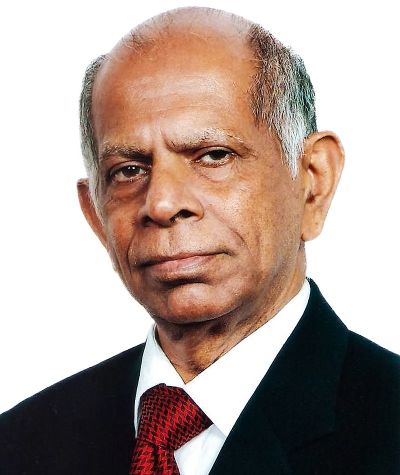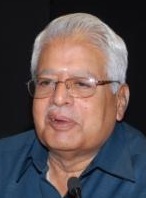How do you see the future challenges of U.S. – Sri Lanka relations amid growing Chinese influence on Sri Lankan?
Since independence, Sri Lanka has generally had a deeper relationship with the United States than with China, and the bilateral relationship with the US appears likely to grow based on its current trajectory. Yes, China has helped Colombo at key moments, such as by providing munitions during the civil war and later postwar development financing. But the past year does not suggest Beijing will be a useful partner in meeting Sri Lanka’s fundamental objectives to recover from the economic crisis.
Whereas Sri Lanka has received significant assistance from the US, China has been largely uncooperative in helping the country restructure its debt. The US is also Sri Lanka’s top destination for exports, which generates foreign currency income. Bilateral cooperation is similarly strong in the security realm. The US has given Sri Lanka the largest ships in its navy, provided maritime capacity-building assistance, and regularly engages Sri Lanka in bilateral and multilateral exercises. China’s postwar security assistance marginal by comparison.
Yet, despite this broader trend of growing Sri Lanka-US cooperation, Sri Lanka’s setbacks on democratic governance, postwar reconciliation, and human rights have hindered relations with the US in other areas. For example, the US did not invite Sri Lanka to the Summit on Democracy in 2023 and 2021, and it sanctioned military officers for gross human rights violations, including former army and navy commanders. Until Sri Lanka demonstrates progress, these issues will remain a challenge for its relationship with the US.
Beijing aggressively moves with the ambition to gain an edge in the Indo-Pacific. In this context, many points out that the Cold war between U.S. and China is inevitable. If that happens, it will be a rivalry between a U.S-led liberal international order and a Chinese-led illiberal order. Against this backdrop, can Sri Lanka handle this new political challenge through a neutral foreign policy or an old non-alignment approach? Your thoughts?
US-China strategic competition is centered on the Pacific segment of the Indo-Pacific. Given the primacy of US interests in the Pacific and limited US resources, an option for US officials is to keep this competition focused on the Pacific rather than the Indian Ocean. In this theater, US and Chinese interests are mostly aligned in terms of seeking access as extra-regional powers and security of the sea lanes. Meanwhile, India and China are engaging in regional-level competition in the Indian Ocean. Sri Lanka has decades of experience managing great-power and regional-level rivalry during the Cold War, so in some ways the current period is a return to the norm.
Some suggest the middle way among these arguments about neutral and non-alignment; in your view, what kind of foreign policy should Sri Lanka adopt?
Sri Lankan officials and diplomats need to speak to the country’s neutral and non-aligned foreign policy approaches. However, based on my research, the practice of Sri Lanka’s foreign policy has largely demonstrated a pattern of pursuing its domestic-level interests and preferences as a smaller state until it faces strong consequences from India, the dominant country in the region. And then it accommodates India’s strategic preferences. Greater study of Sri Lanka’s historical approaches to foreign policy will inform how leaders should aim to meet the country’s national objectives in the context of an increasingly challenging regional security environment.
Nilanthi Samaranayake is an Adjunct Fellow at the East-West Center in Washington. She is also a Visiting Expert at the US Institute of Peace. The views expressed are solely those of the author and not of any organization with which she is affiliated.




